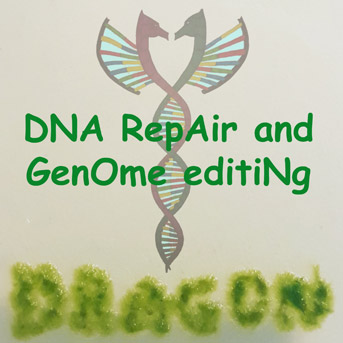Research teams
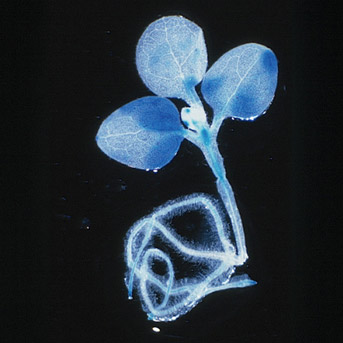
Epigenetics and small RNAs
We study genetic and epigenetic mechanisms put in place by plant cells to identify and silence invading sequences of endogenous (transposons) or exogenous (pathogens) origins.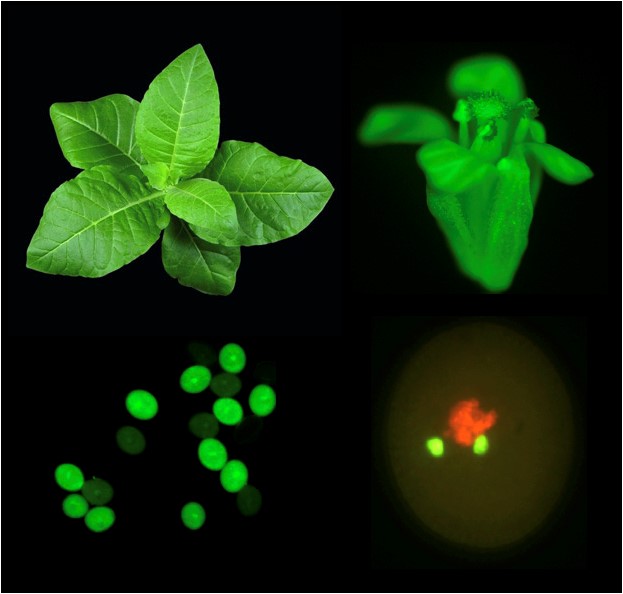
Epigenetics, Reproduction and Transposable Elements
The team EPIREP studies the regulation and impact of transposable elements in plants. We are particularly interested in understanding their importance and epigenetic regulation during reproduction and seed development, in interploidy and interspecific hybridizations, and upon environmental stress.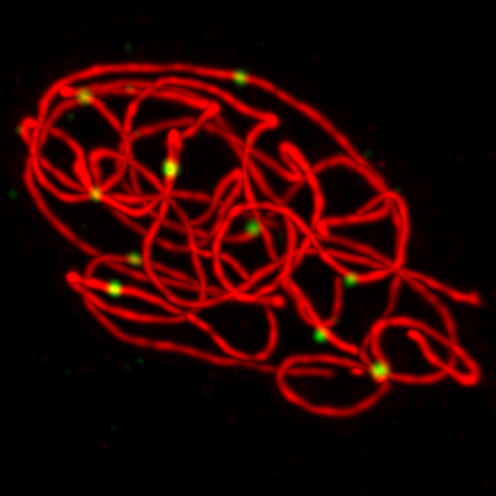
Meiosis Mechanisms
Eukaryotic sexual reproduction relies on two complementary events: the production of haploid cells (eventually differentiating into gametes) and fertilization, which restores the original number of chromosomes of the species by the fusion of two gametes.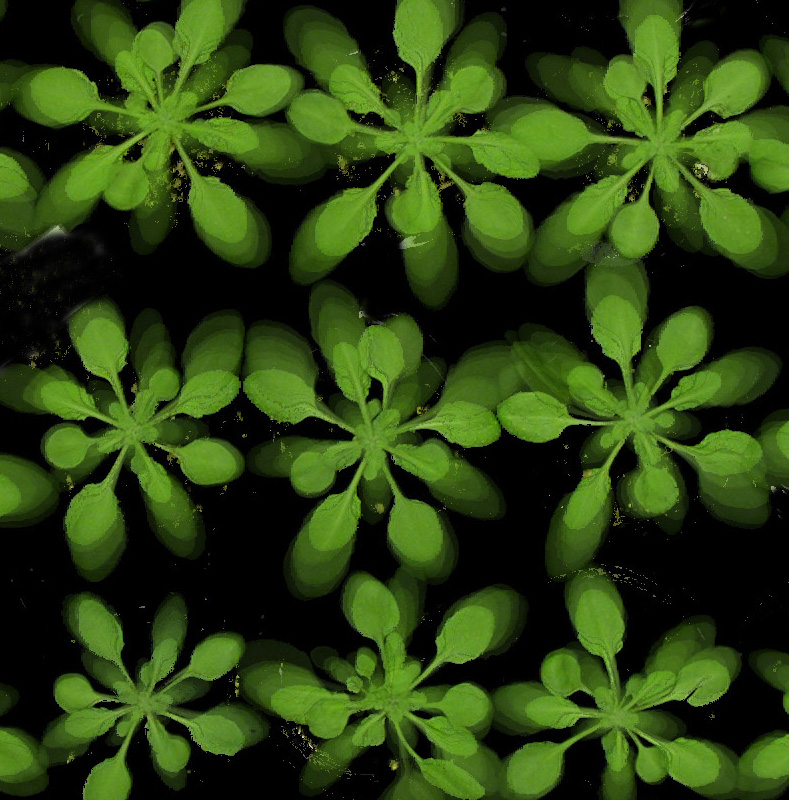
Variation and Abiotic Stress Tolerance
The VAST team (= Variation and Abiotic Stress Tolerance) aims at understanding the genetic bases of adaptation and response to abiotic stress in model plants such as Arabidopsis thaliana.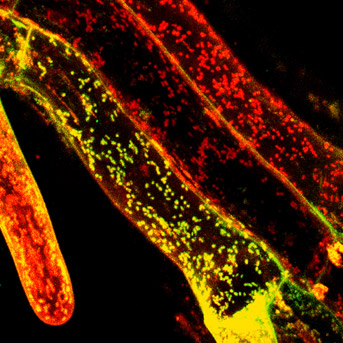
Organelles and Reproduction
The focus of our team is to understand the cellular processes controlling the functioning and the regulation of mitochondria and chloroplasts in plants. These cellular organelles play essential roles in cellular energy production.